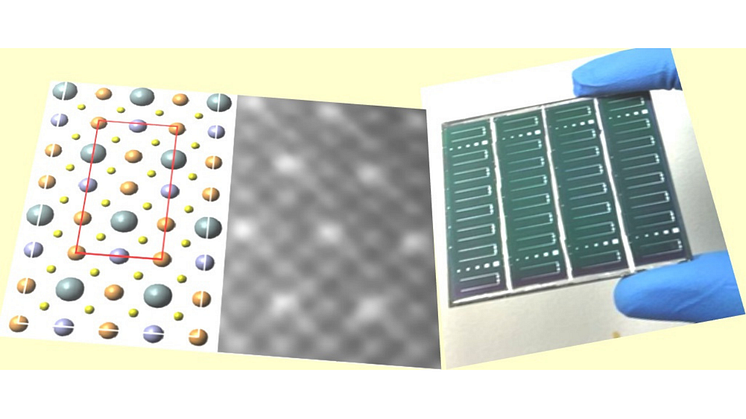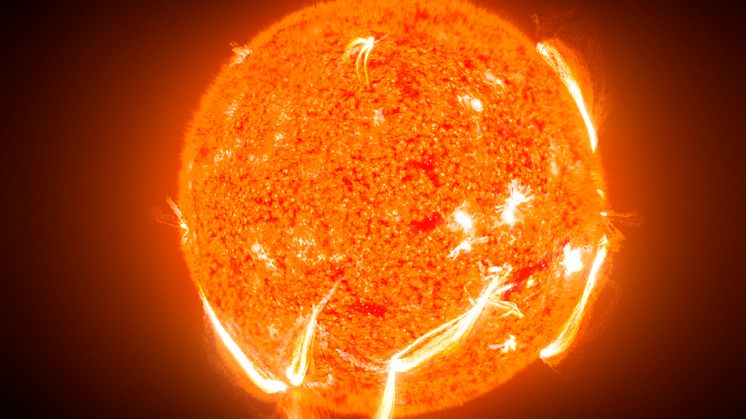
Press release -
Northumbria to help drive £2.25 million investment in energy research
Northumbria is one of three North East universities who will form a new research centre to improve energy technology at the atomic level.
The North East Centre for Energy Materials will bring engineers, chemists, biologists and physicists together to develop new high performance materials to improve efficiency in energy generation, storage and transmission systems
Funded by the Government’s Industrial Strategy Challenge Fund via the Engineering and Physical Sciences Research Council (EPSRC), the newly-formed centre unites the broad range of expertise at Northumbria, Newcastle and Durham Universities to further enhance the region’s expertise in tackling the grand challenge of energy.
Northumbria’s contribution will be led by Dr Neil Beattie, from the Department of Mathematics, Physics and Electrical Engineering, which has played a key role in the University’s reputation as one of Europe’s leading institutions for photovoltaics and solar cell research.
Dr Beattie said: “This project is the culmination of several smaller projects led collaboratively with my colleague Dr Guillaume Zoppi and funded by the Royal Society and the EPSRC.
“During the project, the Northumbria team will lead a collaboration with Newcastle and Durham to develop low-cost, scalable light absorbing materials to capture energy from the sun. The transformative part of our technology is the nanoparticle inks, which can be sprayed or painted onto large area substrates such as steel or glass. Working collaboratively with researchers at Durham and Newcastle allows us to combine expertise and resources which will ultimately push new performance limits.”
The new centre brings together expertise in tidal and wave energy, solar, batteries, energy storage, biomass, and ‘smart grids’ that are able to manage power simultaneously from all of these different sources. There will be many different projects run by the Centre with each University contributing their existing strengths and ensuring the region’s energy research becomes more than the sum of its parts. In addition, Northumbria’s work in reaching out to school students with advanced physics is a key part of the Centre.
Dr Beattie added: “The main drivers for our research in advanced energy materials are cost, sustainability and performance. In addition to solar photovoltaics, we will explore new applications for semiconductor nanotechnology in energy storage and energy generation.”
Northumbria recently opened new £6.7m STEM facilities on campus, co-funded by the Higher Education Funding Council for England (HEFCE). Newcastle University’s new Urban Sciences Building on Science Central, the former Scottish and Newcastle Brewery site, includes several full-scale energy research laboratories including the National Centre for Energy Systems Integration in which Durham University is a partner. The Durham Energy Institute, part of Durham University, will contribute particularly in the area of solar energy, simulation, and the advanced analytical tools needed to observe how materials behave at the molecular level.
As well as the research expertise and facilities of the three universities, the North East’s industrial and technology strengths were also crucial to winning funding for the project. You can visit the project website here. Northumbria offers a range of course in Mathematics, Physics and Electrical Engineering and leads world-class research into energy materials, smart materials and photovoltaics. To find out more about this click here.
Topics
Categories
Northumbria is a research-rich, business-focused, professional university with a global reputation for academic excellence. To find out more about our courses go to www.northumbria.ac.uk
If you have a media enquiry please contact our Media and Communications team at media.communications@northumbria.ac.uk or call 0191 227 4604.











